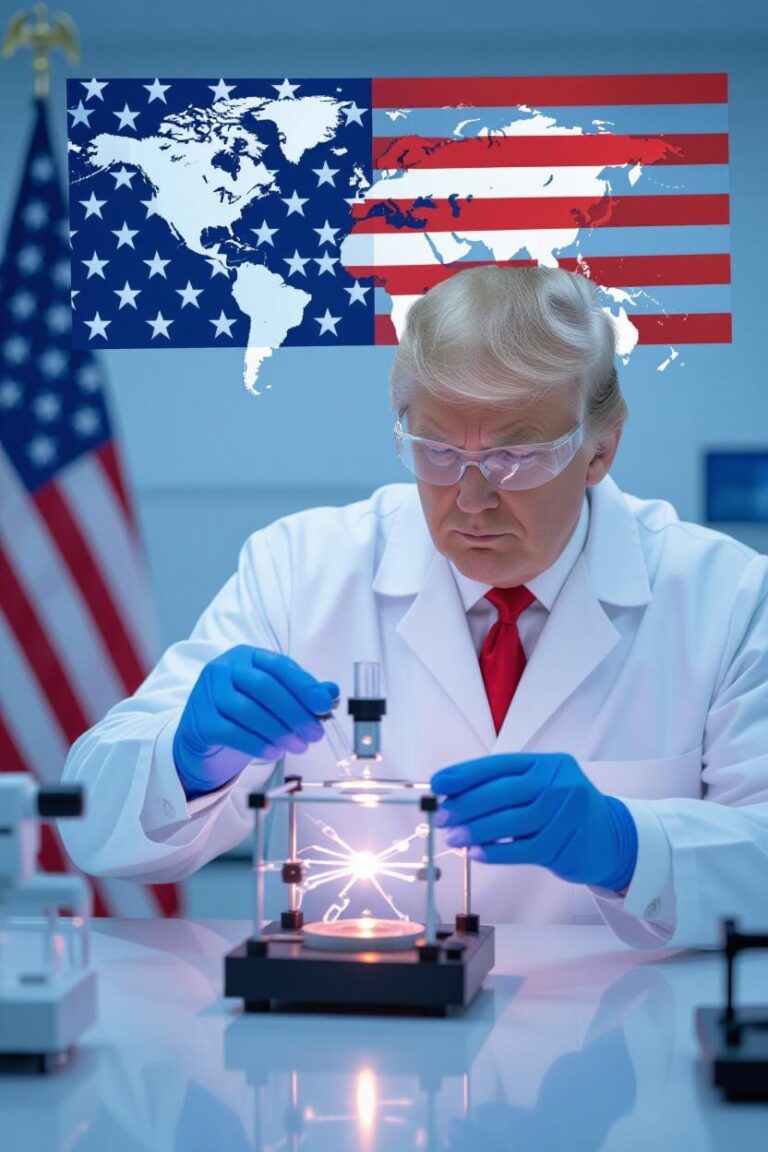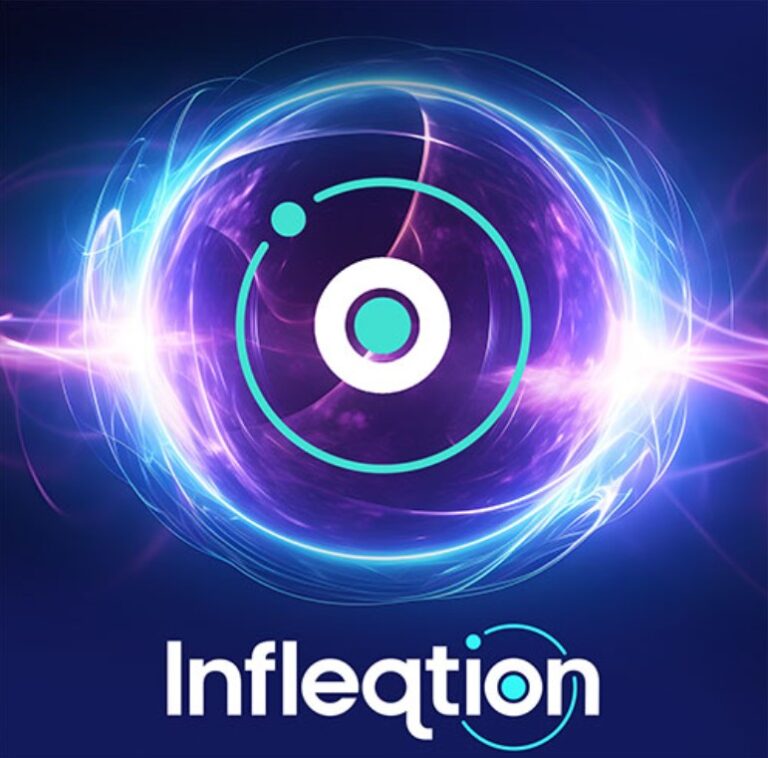The Battle for Post-Quantum Security Will be Won by Agility
By Thomas Poeppelmann and Martin Schlaeffer
Due to their special features, quantum computers have the disruptive potential to replace existing conventional computers in many applications. They could, for example, calculate simulations of complex molecules for the chemical and pharmaceutical industry, perform complicated optimizations for the automotive and aviation industry, or create new findings from the analysis of complex financial data. At the same time, quantum computers also raise a lot of security concerns, and while today they don’t have real world applications, their capabilities are expected to grow significantly over the next 10 years. According to Michele Mosca, there is only a 14% chance that RSA2048 will be broken by 2026, but that grows to 50% by 2031. The security community has taken notice and is already preparing for quantum attacks.





